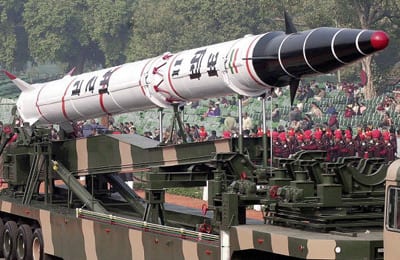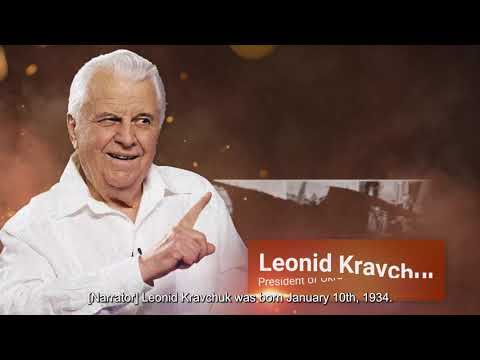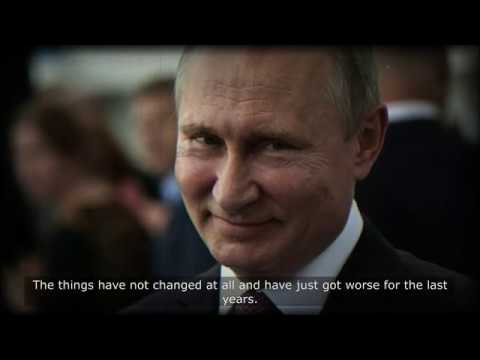Arms trade is often linked not only with huge sums of money, but also with obtaining political influence in a particular region of the world. In this regard, special exporters are continuously struggling for access and strengthening their positions in the promising markets of military products. Unfortunately, the resulting competition often has an unscrupulous nature.
In practice, there is a number of states in the world whih are the largest suppliers of weapons. According to the Stockholm International Peace Research Institute (SIPRI), the list of these countries includes the United States, China, Russia, France, Ukraine, Germany and the Netherlands. According to official statistics, the Russian Federation is in the top three of weapon suppliers.
According to the data of recent years, India has the first place among the countries importing arms, being ahead of China. The main supplier of military products to the Indian market remains Russian Federation.
Russian-Indian relations were built since the time of the Soviet Union. Nowadays, most of the Russian export of military goods to India consists of aviation and naval equipment.
But will it go on? Can Russia hold such a strong position on the arms market in India, or not?
At the beginning of June 2014 Sergey Chemezov, the he~d of Rostec said about withdrawing covert embargo on their arms supplies to Pakistan. A lot of experts agree that such a gesture on the part of Russia followed in response to the fact that India has become increasingly turn to such Western countries as the U.S. and France for the purchase of weapons for their needs. For example, India gave its preference to American AH-64D Apache and Chinook instead of Russian Mi-28 and Mi-26 helicopters.
Don’t forger aggravated European atmosphere in 2014, namely the deterioration of relations between Russia and Ukraine, which in turn, affects not only the domestic political and economic stability in the region, but also can make significant changes in the overall image of world trade, and arms trade in particular.
Aggressive policy of the Russian Federation in relation to Ukraine since the beginning of 2014, namely, the annexation of the Crimean peninsula and the illegal supply of weapons, military equipment and mercenaries to the eastern regions of Ukraine forced the Ukrainian government to take measures to suspend the Ukrainian-Russian military-technical cooperation. Let’s try to figure out who will lose after this decision.
Both Russia and Ukraine not so far were constituent parts of one great nation called the Soviet Union and, after its collapse, mutually beneficial cooperation between manufacturers of military goods of these countries remained and continued to develop. The fact is that the Ukrainian and Russian defense companies are working on a background and technologies inherited after the Soviet Union, and that contributes to the fact that these two countries have very similar package of military products, as well as the same marketing area.
But the situation in Russian military-industrial sector, in spite of statements of influential officials, is not as rosy as it may seem at first glance. Russia is not ready to start mass production of high-tech armament, since more than half of its business is directly dependent on the Ukrainian manufacturers. Aggravation of Russian-Ukrainian relations and the suspension of military-technical cooperation between these states causes substantial blow to the reputation of the Russian Federation, since it can not, through its technical base and lack of highly qualified personnel, to carry out the production and supply of military products under the terms of existing contracts. Partial replacement of imported goods by own products requires 3-5 years and billions of dollars, which are not budgeted. In fact, more than 20% of Russian defense enterprises are on the verge of bankruptcy. Complete replacement of the imported products may be delayed for decades.
For example, the Ukrainian company Yuzhnoye Design Bureau is an essential part of the nuclear industry of Russia. Also, Yuzhnoye Design Bureau and PA Yuzhmash are the main developers of intercontinental missiles R-36M2 Voivode (15P018M) and manufacturers of rockets Zenit-3M. The company Motor Sich is a major supplier of engines for airplanes and helicopters of Russian origin. Russian defense companies such as JSC Phazotron, Ryazan State Instrument Plant, Vympel NPO are directly dependent on such Ukrainian enterprises as Novator and Krasilovsky aggregate plant.
The essential problem of the military-industrial sector of the Russian Federation is also lowering the of the military purposes products quality. The main reason for this is wear and tear, which today exceeds 70%, and its annual update is up to 2-3% instead of the required 10%.
As we see, the Russian Federation is dependent on Ukraine in the aerospace field, the field of aircraft, aircraft engine and engine for naval forces. Consequently, the timing of obligations under foreign trade contracts for the supply of arms to third countries depends also on the Ukrainian enterprises.
In this regard, the Russian Federation will not likely follow the rules of fair play. Perhaps it will accumulate some secret leverages in order to malign Ukraine and drive it out of the arms trade market of Asia-Pacific region.
Trying to analyze what could lose Ukraine after the suspension of military-technical cooperation with Russia, we should say that despite of domestic political situation, Ukraine continues to responsibly fulfill its obligations under bilateral agreements with foreign states and adheres to all relevant UN Security Council resolutions that relate to trade in arms and export control. Annual income from foreign contracts with Russia in the field of trade in military goods is not more than $ 300 million.
At the same time, the Ukrainian side continues to expand its package of proposals and enters new markets in such regions as Africa, Asia, Europe and America. Primarily, it is promoted by highly qualified specialists and pricing policy, which is more attractive than the prices of similar proposals from other exporters.
It should be noted that at the end of June 2014, Gregory M. Kausner, the U.S. Deputy Assistant Secretary of State for Regional Security and Security Assistance, said that the U.S. announced its intention, under which the U.S. and the European Union are ready to expand military-technical cooperation with Ukraine. Primarily, the Western countries will contribute to the development of Ukrainian defense industry by placing orders for repair of military equipment on Ukrainian defense capacities in order to compensate losses from the collapse of MTC with Russia. Also, the U.S. official said that the West is ready to assist in the promotion of military products of Ukrainian origin to third markets.
As a conclusion, we could say that after freezing military-technical cooperation with Ukraine, the Russian Federation will not be able to obtain the necessary components of Ukrainian origin. As a result, the production process will be slowed down, which would result in disruption of the end products delivery schedule to customer countries. All this will negatively affect the reputation of Russia as one of the flagships of world arms market.


